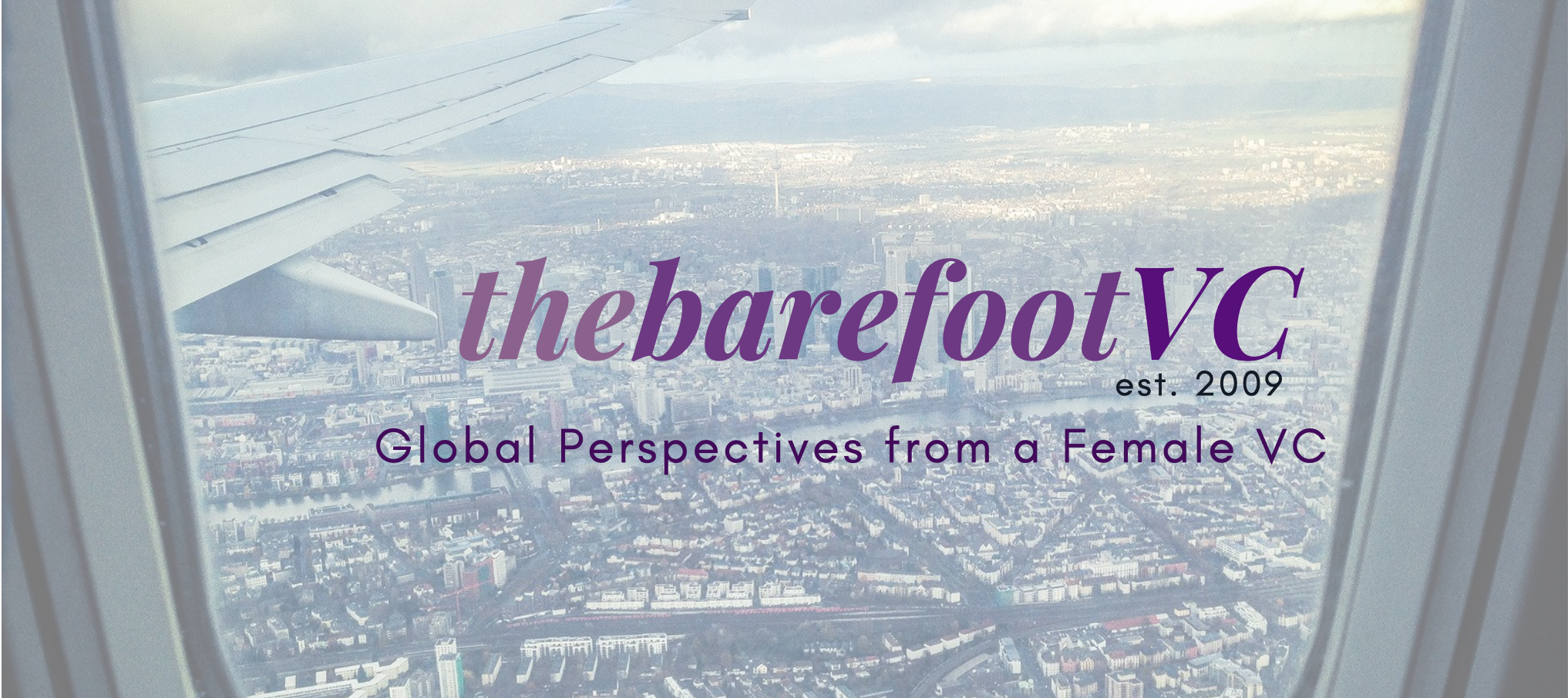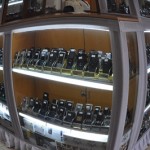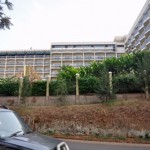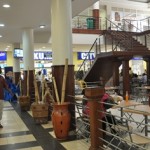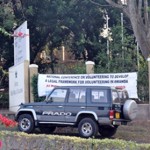The Supermarket Test
July 21, 2009

Today I was awoken by a symphony of birds chirping, I couldn’t make out how many but while I was sitting in a tiny restaurant garden eating lunch I counted no less than 8 different types of birds (and a couple chameleons climbing trees). It was literally music to my ears, against a silent backdrop. The peace and quiet emanating from this city are startling, given the underlying growth spurring the economy thanks to a President committed to a prosperous future for his people.
I am staying near the embassy district in Kigali and its leafy, sleepy tropical streets remind me somewhat of Rangoon, which I visited in 2007 just weeks before the monks’ protests started. But physical appearances are deceiving. Burma is a country spiraling in decline, run by authoritarians who want to ensure their people remain weak. In Burma I burned my leg during a motorbike ride and I couldn’t find a band-aid that actually stuck to my leg. Wary of a potential infection, I took a WetOne cloth and a rubber band which was wrapped around a newspaper for a souvenir I bought and covered the wound until I got out of the country and to the Bangkok airport. Burned once (literally and figuratively!) I came on this trip stocked with band-aids and body lotion and toiletries galore.
But today I visited a supermarket here in Kigali. Supermarkets, or at least markets, are always part of my sightseeing agenda wherever I travel. In addition to having fascinating people watching opportunities, they are an indicator of a) what is available to the local population b) the relative prosperity of the people based what they are buying and at what price points and c) openness of the government to foreign investment and/or imports. Needless to say there were band-aids aplenty, as well as toiletries from the US, Europe and Middle East — a much more multicultural selection than even at my local Duane Reade pharmacy. And there were chirpy young employees with uniforms at every corner, willing to help me find whatever I desired, from an imported biscuit to pasta to Italian wine.
I also visited a 24 hour shopping mall across the street from the supermarket. Its tenants included an electronics store, a lingerie store, and a small food court that housed Bourbon Coffee (an upscale version of starbucks with local art, a terrace overlooking the hills, and frapuccinos and snacks galore. it’s going to be hard drinking starbucks coffee after this). I am sure that once I start traveling to the countryside I will see more poverty. But let’s not forget this country was in shambles at the end of 1994. A survey done in 2000 unveiled that 99.9% of the population had witnessed violence, 91% believed they were going to die and 58% witnessed killings with a machete during the genocide (stats taken from Bradt Rwanda TravelGuide).
But now enterprise is alive and well, and there is palpable optimism in the air, thanks to a forward thinking President that united the people, spurred economic development through local enterprise and foreign investment and invested for the long term with free education and sustainable tourism initiatives. The people responded by forgiving and healing the best they could and seizing the opportunity for a different future than many of its African neighbors. While Rwanda’s future is TBD, these are lessons that the rest of the world can learn from.

